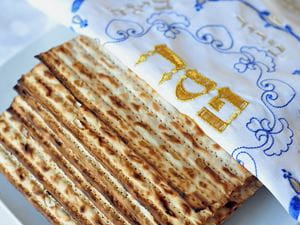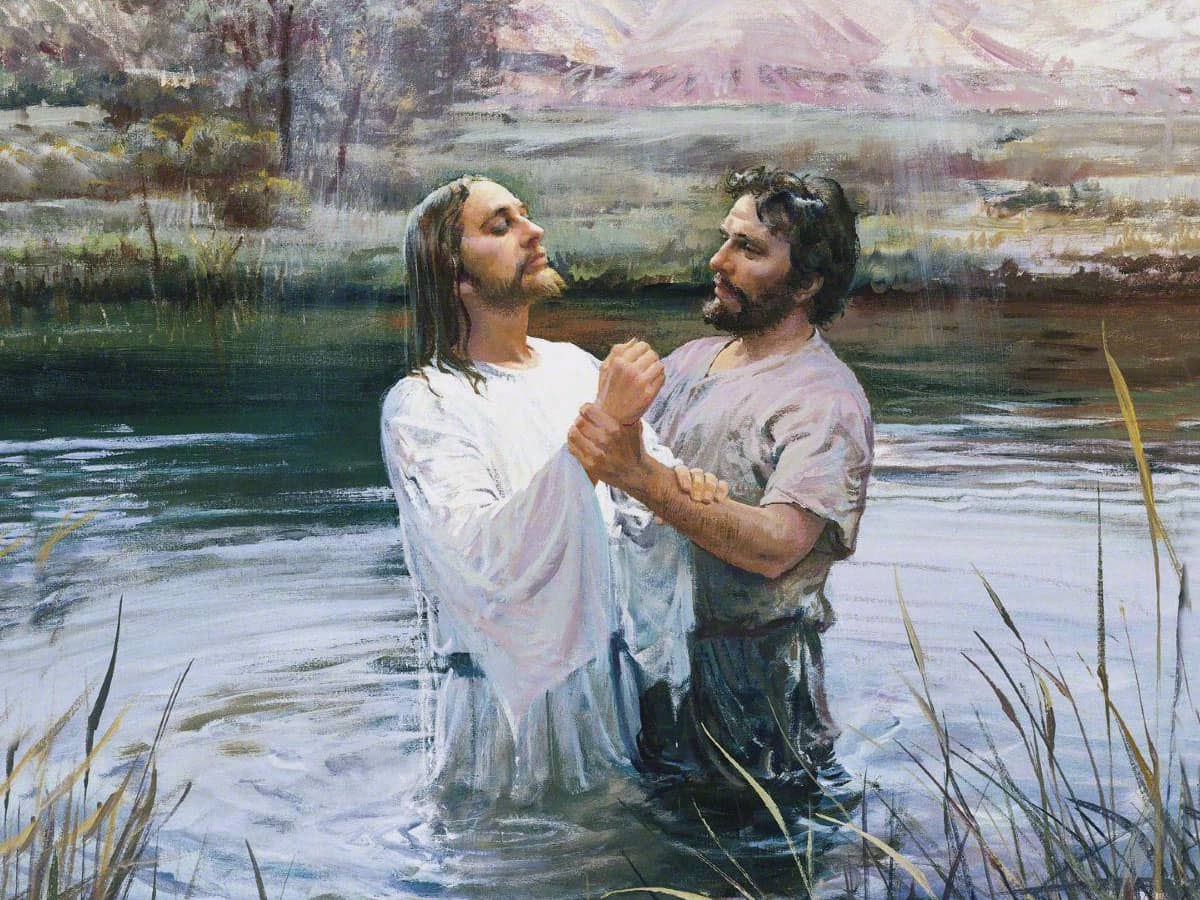
The most recognized Passover meal is known as The Last Supper. This Seder meal commemorated the last time Jesus ate with His disciples before getting arrested and His eventual crucifixion. Observed for more than 4,000 years, Passover is the oldest known religious ritual in Western history.
Passover may be part of Jewish cultural and faith traditions, but it also has relevance for Christians. Why is Passover relevant for Christians? The Passover story is about freedom and redemption, themes that echo throughout the Bible. It foreshadows Christians' hope in Jesus and points to the continued hope we look forward to when He returns.
Passover has invitations that speak to Christians today. It remembers and celebrates our roots, a story about how God loves His people. There are profound truths and deep wisdom to be found within Passover traditions. Here are some things that Christians should know about Passover.
It's a reminder of our freedom.
Passover starts with Moses, under God's instruction. He told the Israelites what to do that night, protecting them from the final plague that hit Egypt. Through this plague, the death of every firstborn in Egypt, Pharoah finally changed his mind, allowing the Israelites to leave after 400 years of slavery. Moses grew up in the palace with Pharoah, but he was an Israelite. However, he left that life behind after seeing the injustices imposed on his people by the Egyptians.
When Moses was a baby, Pharoah decided there were too many Israelites, so he ordered the death of every male child born to Hebrew women. Moses' mother hid him for as long as she could before putting him in a basket floating down the Nile River. Under God's divine providence, Pharoah's daughter found the baby and raised him as her son. Unknowingly, she hired Moses' mother to come to the palace as a nursemaid to care for her baby.
The Book of Exodus tells how God used Moses to lead his people out of Egypt to freedom. The story foreshadows how Jesus left heaven to come to earth and how He showed humanity the way out of slavery and into the freedom available through faith in Him.
Passover rituals keep the experience alive in our minds and hearts.
Passover is an annual reliving of the Exodus voyage. Jesus celebrated Passover with His family growing up and later with His disciples. In those days, it was an event that brought Jewish people to the Temple in Jerusalem. The Temple was built on Mount Moriah, where Abraham took Isaac and prepared him as a sacrifice to God. The Temple was the place where people brought their sacrifices to offer to God.
After its destruction in 70 A.D., the observance of Passover shifted to something people celebrated primarily in their homes, which brought a shift in thinking. For a thousand years, the Temple was where people went to feel God's presence, but its destruction didn't signify God's destruction. God is omnipresent, and His presence can be found and experienced together. As Christians, there's also significance in the truth that Jesus was the perfect and final sacrifice. God offered His Son in our place.
When people observe Passover Seders in their homes, it signifies more than a feast. It's a reenactment of a divinely ordained voyage from slavery to freedom. Passover rituals hold holy significance. Keeping memories alive is vital to faith. The communal aspect of this meal brings people with different backgrounds together, and God is present among His people. Homes become miniature temples, and we become a "kingdom of priests," as detailed in Exodus 19:6.
It required the sacrifice of an unblemished lamb.
At the first Passover, God told the Israelites to kill a one-year-old male lamb with no defects. They had to make sure that no bones were broken in the process. The head of the household had to apply some of the blood to the tops and sides of the house door frame. The lamb was roasted and eaten, but the people were told to eat it in a way that signified they were ready to travel, as detailed in Exodus 12:7-8.
Following these instructions protected the Israelites from the last plague that hit Egypt that night, killing the firstborn in every household. After the first Passover, God's people were told to mark the occasion with an annual feast to observe what God did for them. Jesus was crucified during Passover, and no bones were broken. He's the lamb without blemish. His blood covers and saves us from the death that sin brings.
Eating unleavened bread is significant.
Another essential Passover ritual is the consumption of matzah, or unleavened bread. In biblical times, the Festival of Matzah was a week-long remembrance that started after the Passover meal. After the last plague, the Israelites didn't have time to bake bread that rose. They had to gather their belongings and leave in a hurry.
After the Temple was destroyed, the Festival of Matzah was included in the Seder meal as Jews started observing Passover at home. Jewish tradition forbids eating any unleavened bread during the week of Passover. It serves as a reminder of two things: to watch our egos and keep them from puffing up and the idea that we depend on God, not on bread. Leaven, or yeast, is usually compared to sin in the Bible. A little leaven in the dough will eventually affect the entire loaf. To prepare for Passover, carefully removing all leaven can have a deep meaning for Christians when we think about how sin affects our lives.
Passover preparation is essential.
Passover preparations usually start 30 days before. The Jewish holiday of Purim is a celebration that commemorates the start of the preparation period. Many believe the tradition of "spring cleaning" comes from Passover preparations. The house must be thoroughly cleaned to get rid of leaven. This preparation also involves giving to charity and studying. Its biblical origins go back to the fact that people needed to find the right lamb and prepare for travel to the Temple. Abstaining from eating bread for eight days, the tradition now, is a form of fasting that Christians relate to. It's a recognition that we can survive without bread but not without God.
The story of Passover is a story of God's redemption. The fourth traditional cup of wine that's served after the Passover meal has a declaration that accompanies it: God's declaration of redemption.

